Sustainable Stock Packaging
Our sustainable stock packaging products include a wide range of eco-friendly options such as corrugated boxes, chipboard boxes, kraft paper, and mailers. Each product is designed to minimize environmental impact while providing reliable packaging solutions. From durable boxes to recyclable materials, we offer sustainable choices for all your packaging needs.
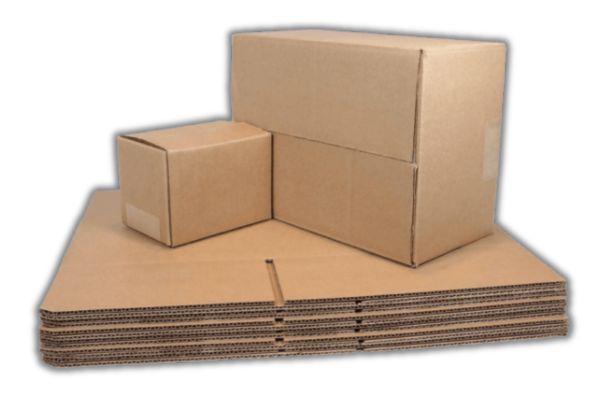
Sustainable Stock Packaging
Our sustainable stock packaging products include a wide range of eco-friendly options such as corrugated boxes, chipboard boxes, kraft paper, and mailers.
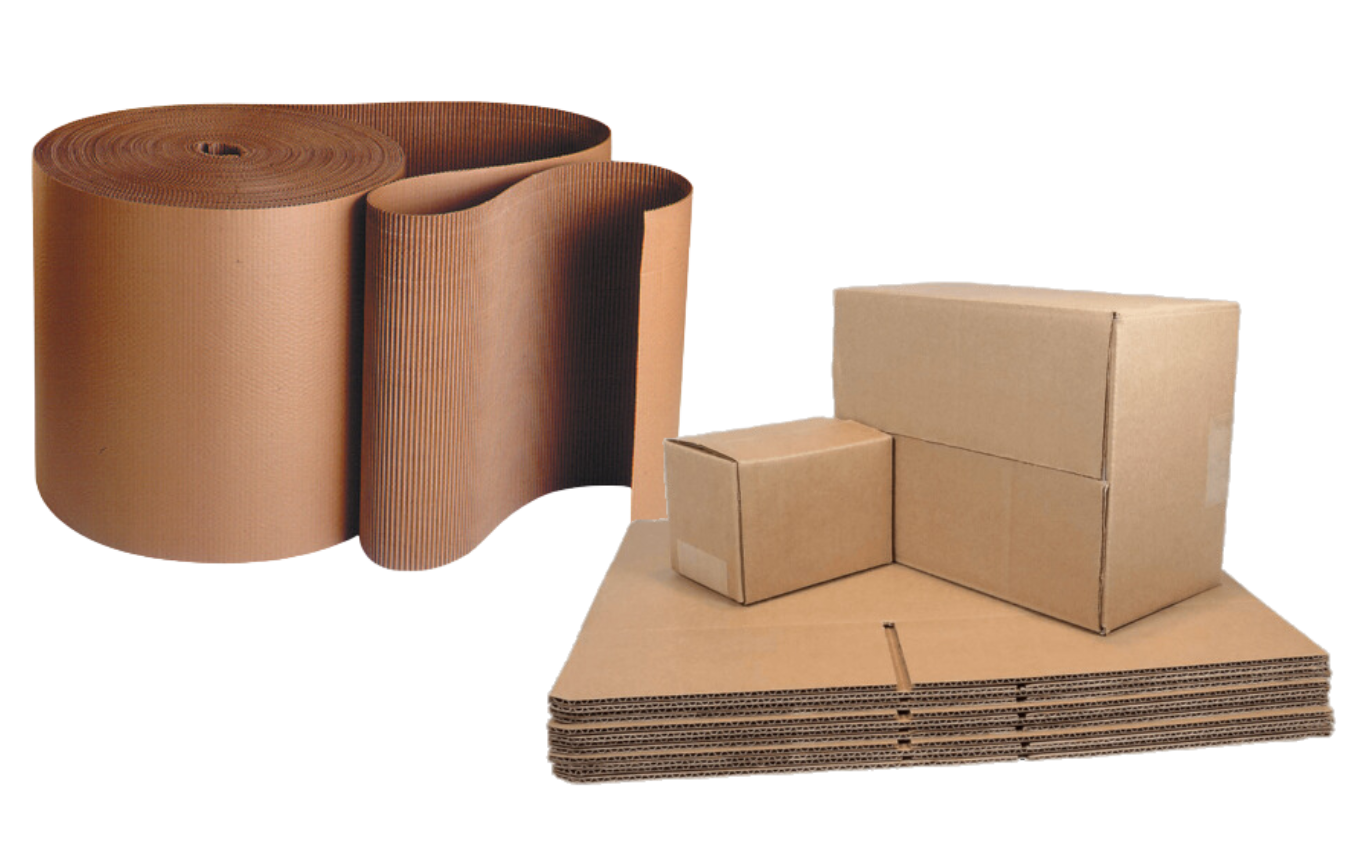
How We Can Assist In Your Sustainability Goals
We assist you in achieving your sustainable packaging goals by offering a range of certified stock packaging solutions, including products that meet standards like FSC, SFI, and BPI for responsible sourcing and recyclability. Our packaging also helps you reduce material waste, improve recyclability, and lower your carbon footprint, all while meeting the highest industry certifications for sustainability.
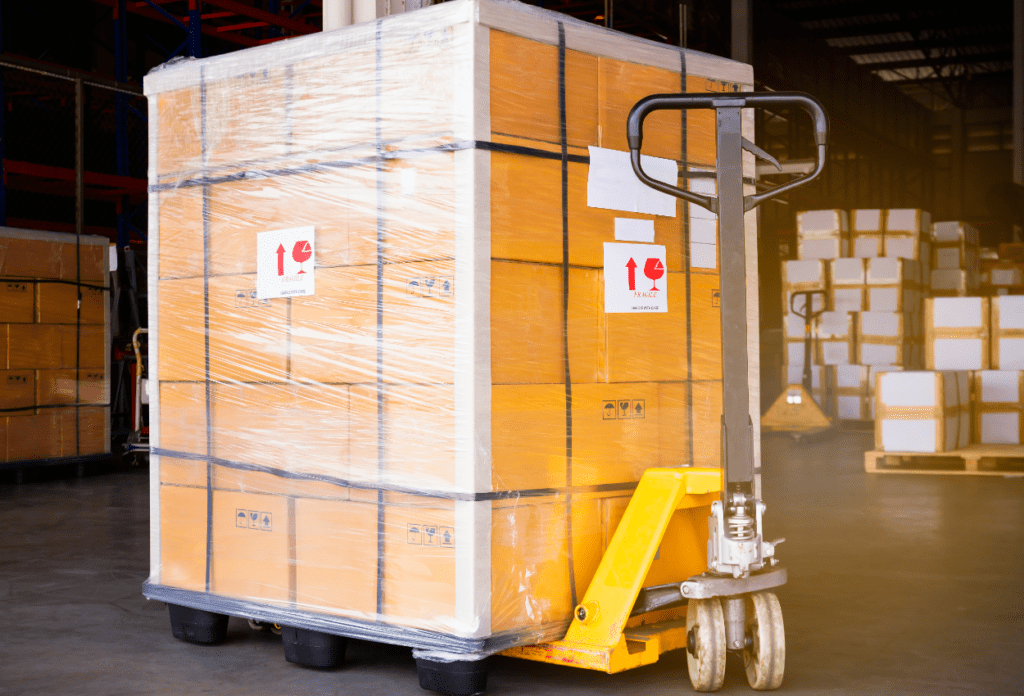
Stock Products
We offer a range of foam packaging products, including inserts, sheets, pads, end caps, and edge protectors, designed for maximum product protection. These solutions are tailored to fit your packaging needs, ensuring durability and sustainability throughout the supply chain.
Corrugated, Chipboard, Kraft & Sustainability Explained
Our sustainable packaging options include corrugated, chipboard, and kraft materials, all of which are recyclable and made from renewable or recycled sources. These materials offer eco-friendly, durable solutions that reduce environmental impact while providing reliable protection for your products.
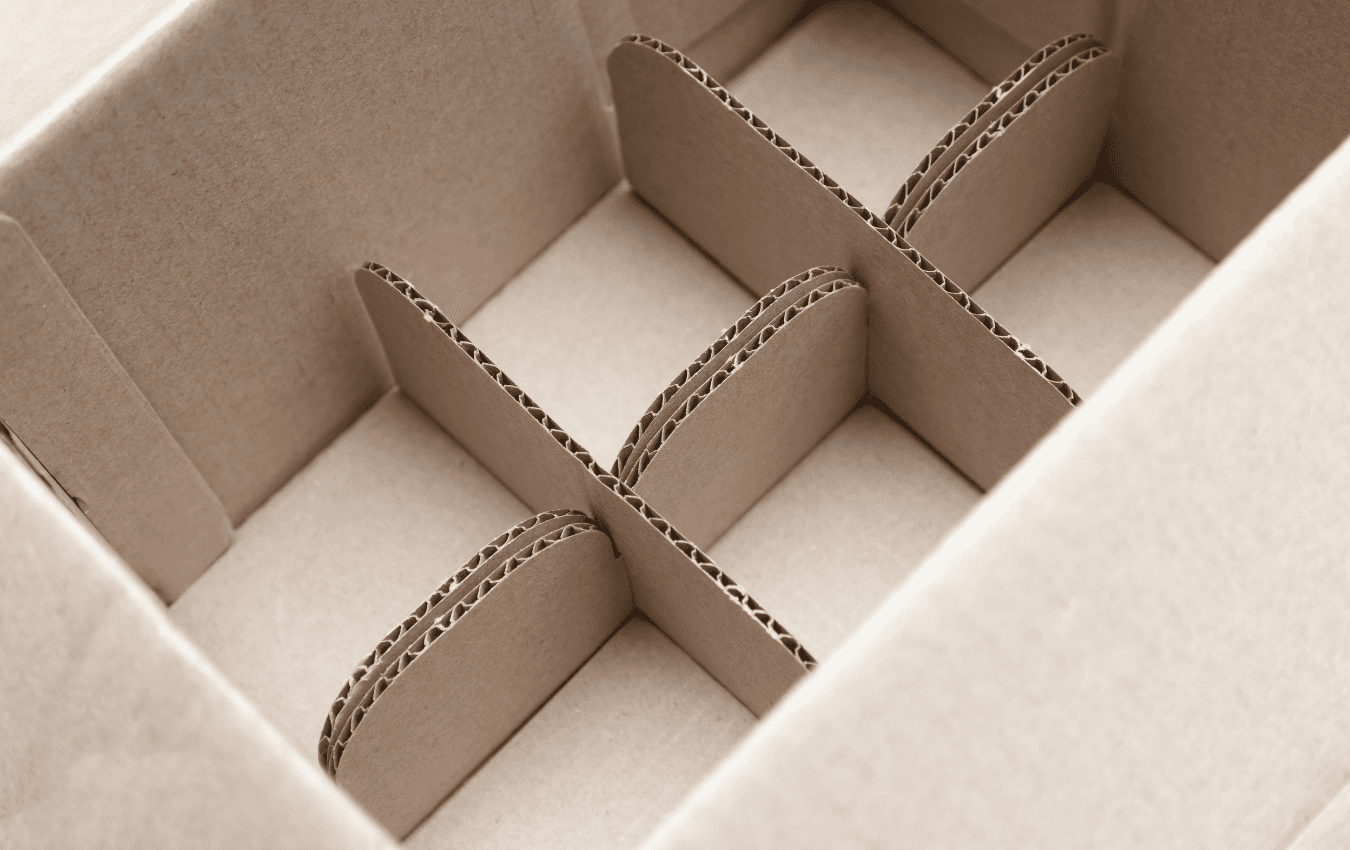
Corrugated packaging is made from renewable wood pulp and is highly recyclable, making it an eco-friendly option. Its durability allows it to be reused multiple times before being recycled, reducing material waste. Although not generally biodegradable due to coatings or adhesives, untreated corrugated may break down in industrial composting environments.
Corrugated Facts:
How to Recycle: Easily recyclable through curbside programs; fibers are reused to create new corrugated materials.
Biodegradable: Not typically biodegradable unless untreated and free of coatings.
Compostable: Not usually compostable, but untreated versions may break down in industrial composting.
Reusable: Can be reused multiple times for shipping and storage before recycling.
Carbon Footprint: Lightweight design reduces emissions during transportation.
Cost Efficiency: Affordable and widely available, offering a balance of sustainability and performance.
Supply Chain Impact: Widely available and easy to source, reducing supply chain disruptions and ensuring consistency.
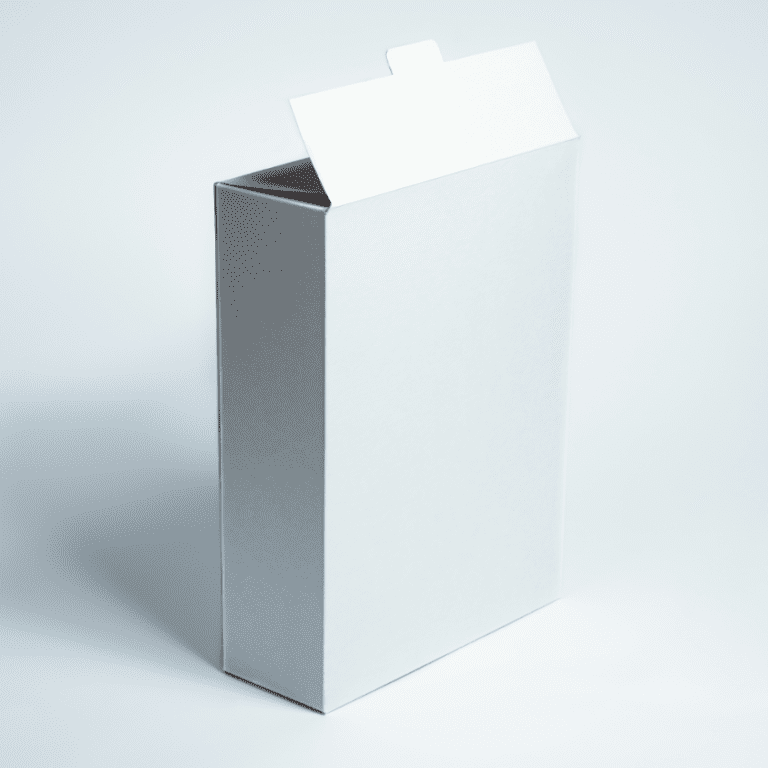
Chipboard is a lightweight and durable packaging material made from recycled paper fibers, making it an eco-friendly choice. It is highly recyclable and can be repurposed into new packaging materials multiple times. Although chipboard is not compostable, it offers a sustainable solution due to its recyclability and low environmental impact during production.
Chipboard Facts:
How to recycle: Easily recyclable through curbside recycling programs, as it is made from recycled paper fibers.
Biodegradable: Chipboard is biodegradable over time when untreated and free of coatings or adhesives.
Compostable: Not typically compostable due to the adhesives or finishes applied, but untreated chipboard may decompose in some composting environments.
Reusable: Can be reused for packaging or cushioning purposes before recycling.
Carbon footprint: Lightweight design reduces transportation emissions, and it is made from recycled materials, further lowering its carbon footprint.
Cost efficiency: Affordable and widely available, making it an economical choice for eco-friendly packaging.
Supply chain impact: Readily available in large quantities, ensuring reliable supply for various packaging needs.
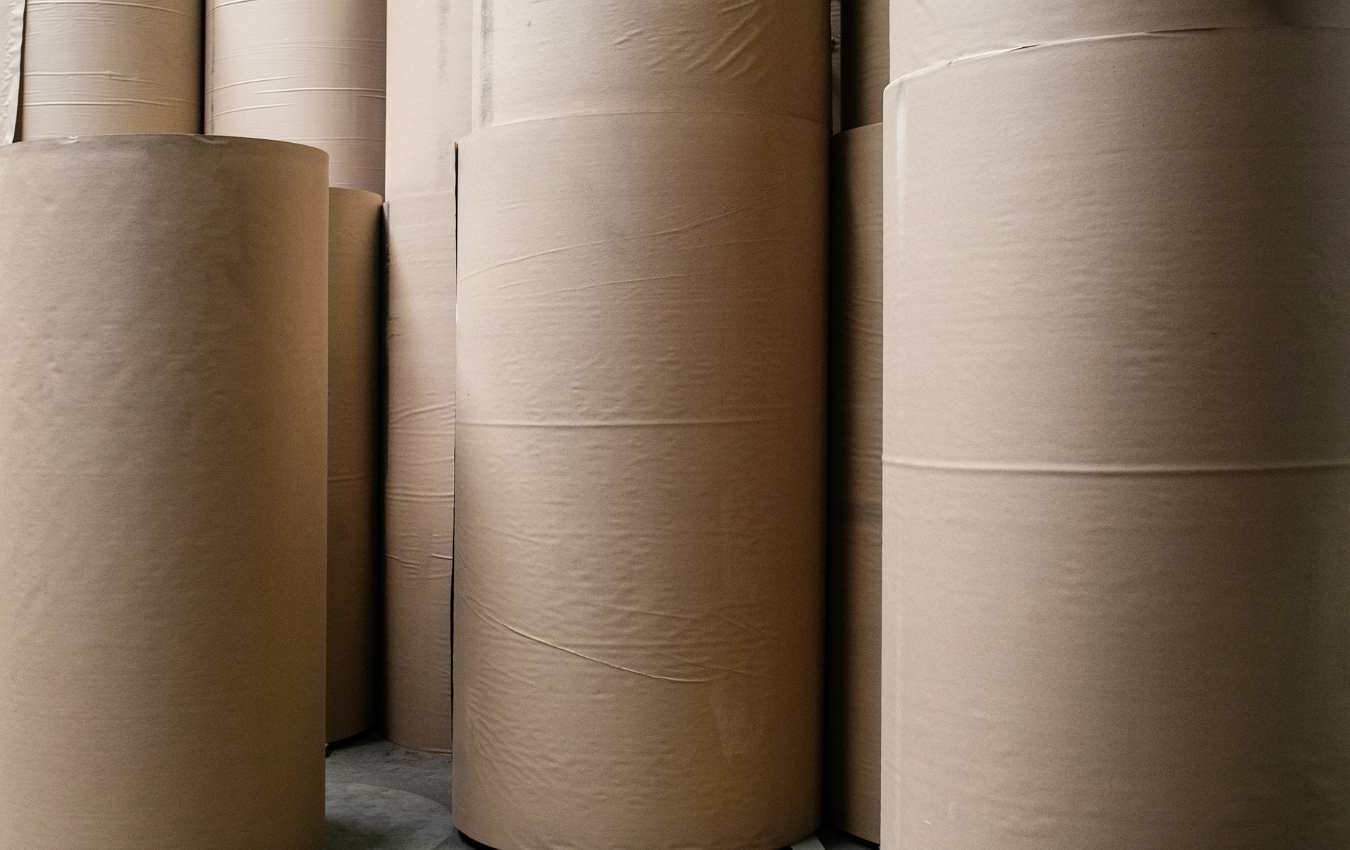
Kraft paper is an environmentally friendly packaging material made from wood pulp, known for being both recyclable and biodegradable. It can be reused multiple times for wrapping and cushioning before being recycled or composted. Kraft paper breaks down naturally in compost environments when untreated, offering a low-impact disposal option.
Kraft Facts:
How to recycle: Recyclable through curbside programs, provided it’s free from coatings or non-recyclable inks.
Biodegradable: Fully biodegradable when untreated, breaking down naturally in the environment.
Compostable: Compostable if untreated, degrading quickly in compost settings.
Reusable: Can be reused for wrapping, void fill, and other purposes before recycling or composting.
Carbon footprint: Lightweight, reducing emissions in transportation and shipping.
Cost efficiency: Affordable, versatile, and easy to source for various packaging needs.
Supply chain impact: Readily available, ensuring reliable supply for bulk packaging needs.
Stock Versus Custom Sustainable Packaging
Choosing between stock and custom packaging depends on your business needs and sustainability goals. Stock packaging offers cost-effective, ready-made solutions, while custom packaging allows for tailored, eco-friendly designs that minimize waste and enhance brand identity.
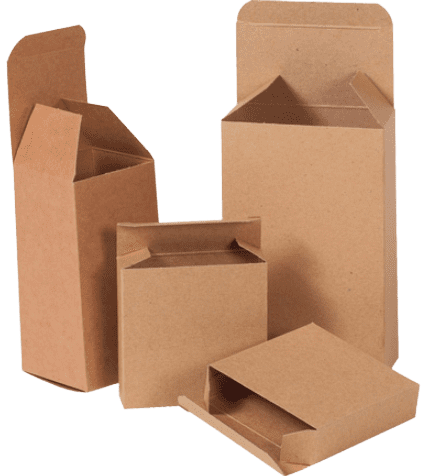
Stock packaging is an excellent choice for businesses looking for quick, cost-effective, and eco-friendly solutions. Ready-made packaging such as corrugated boxes, kraft paper, and mailers are readily available and designed with sustainability in mind, often made from recyclable and biodegradable materials. This option is ideal for companies that need efficient, sustainable packaging solutions without the need for customization.
Benefits of Stock Packaging:
- Cost-Effective: Lower production costs and quicker lead times.
- Eco-Friendly: Made from recyclable and biodegradable materials.
- Availability: Readily available in a wide variety of sizes and materials.
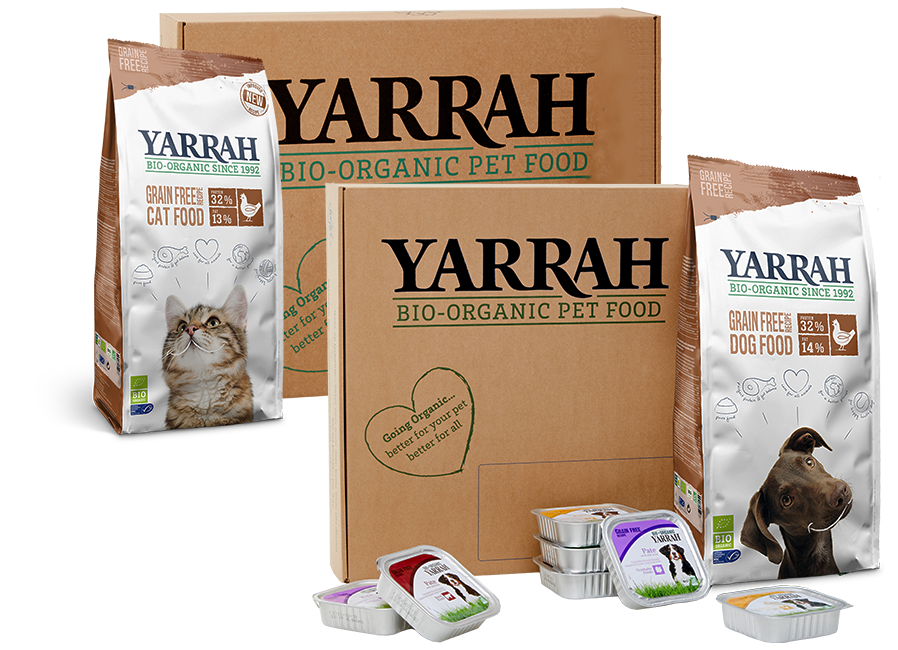
Custom packaging allows businesses to tailor their packaging to specific needs while incorporating sustainable materials and designs. This option enables optimization of packaging size, materials, and branding, reducing waste and improving environmental impact. Custom packaging is perfect for businesses looking to enhance brand identity while ensuring their packaging aligns with sustainability goals.
Benefits of Custom Packaging:
- Tailored Fit: Custom sizes reduce material waste and optimize shipping efficiency.
- Branding Opportunities: Customized designs help enhance brand visibility while using sustainable materials.
- Material Flexibility: Choose specific eco-friendly materials that align with your sustainability goals.
Interested In Sustainable Stock Packaging?
Frequently Asked Questions
Explore how we support your packaging needs with eco-friendly solutions tailored to your business.
Order minimums vary from project to project, it usually depends on the type of packaging, size and desired materials. Contact us and we will evaluate the best options for your packaging needs.
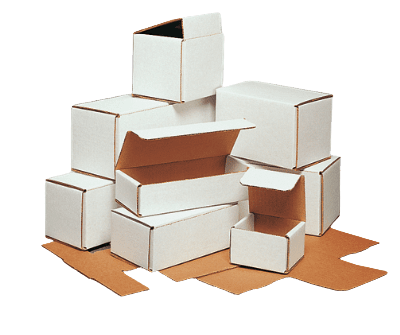
Shipping is free to all Southern California businesses. Fees are generally added to orders outside of Southern California or if you need a rush order. We also deliver to all of the United States, in which prices for shipping can vary.

Selecting the right stock sustainable packaging products is crucial for businesses looking to reduce their environmental impact while maintaining product safety and efficiency. Whether you need corrugated boxes, chipboard, kraft materials, or other eco-friendly options, making informed choices helps minimize waste and supports your sustainability goals. Our team is here to help you find the perfect solution for your packaging needs. Contact us for personalized assistance in choosing the right sustainable packaging products for your business.
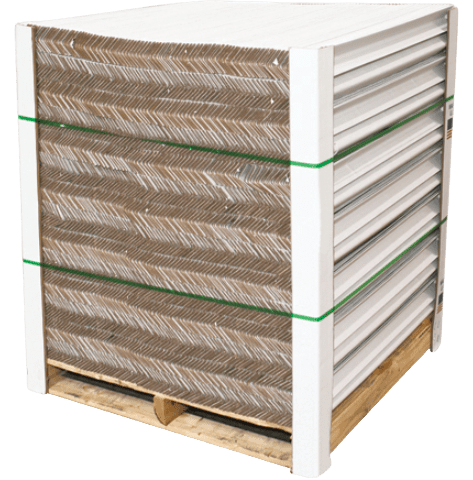
To dive deeper into sustainable packaging, we invite you to explore our blog, which features a wealth of information on eco-friendly practices, innovations in sustainable materials, and expert insights. Our blog is regularly updated to help you stay informed about the latest trends and developments in sustainable packaging. Visit our blog to learn more and take your knowledge to the next level.
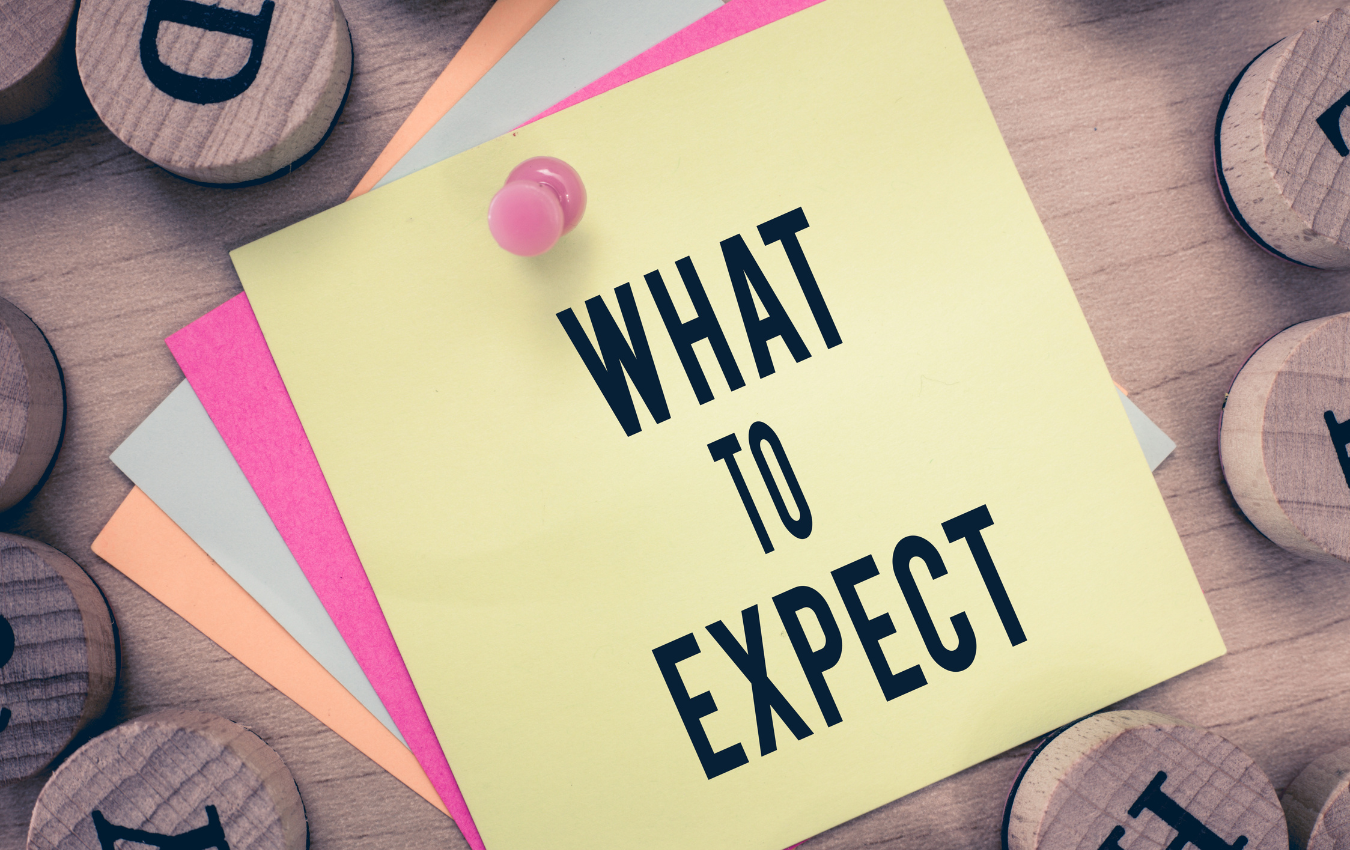
As we gear up for 2024, the world continues to evolve and adapt to the ever-growing demands of sustainability. A major focal point of this
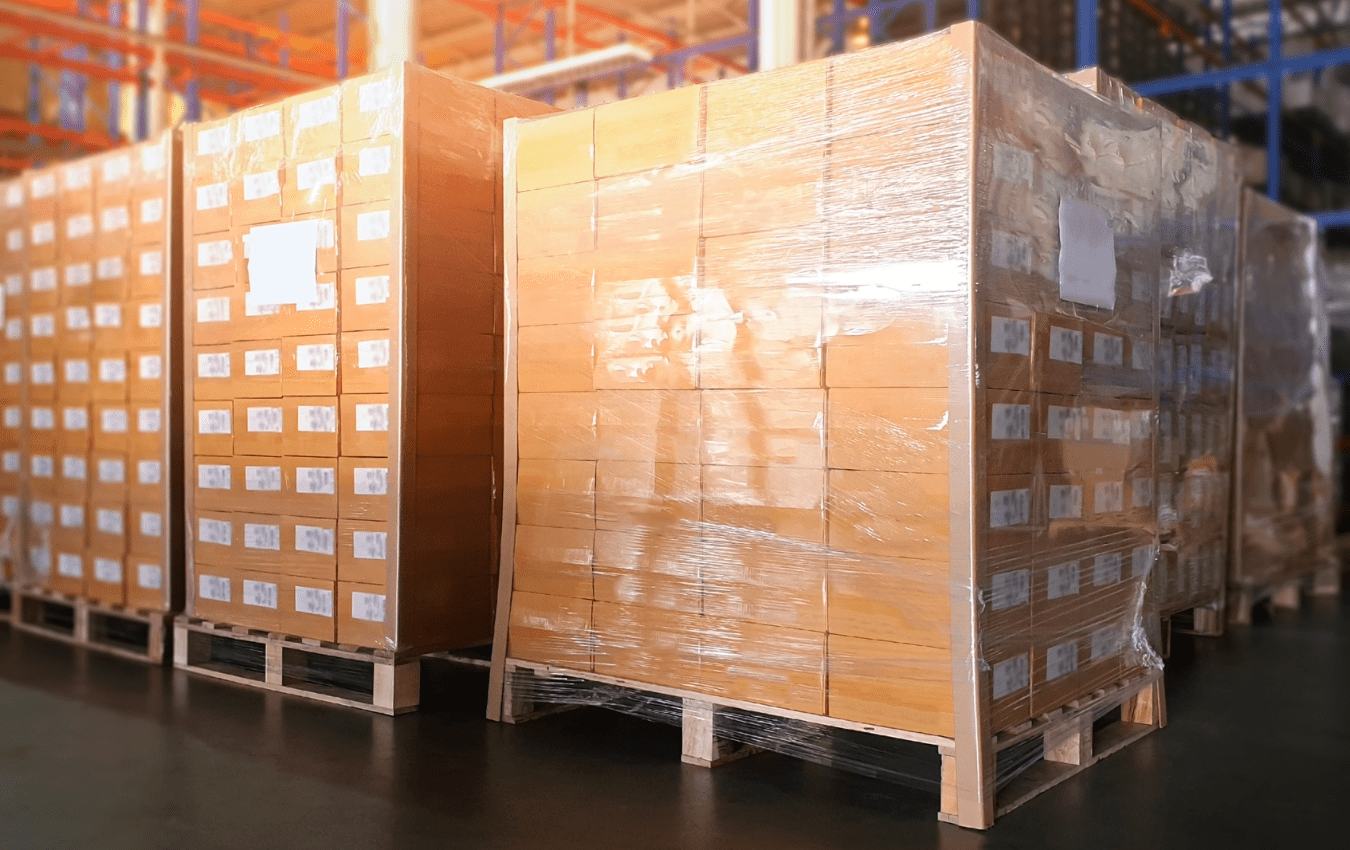
In recent years, sustainability has become a key focus in various industries, including packaging. As companies strive to minimize their environmental footprint, innovative solutions are

Today, more and more brands are switching to sustainable packaging options to improve their social responsibility to the environment and to meet any regulation or

